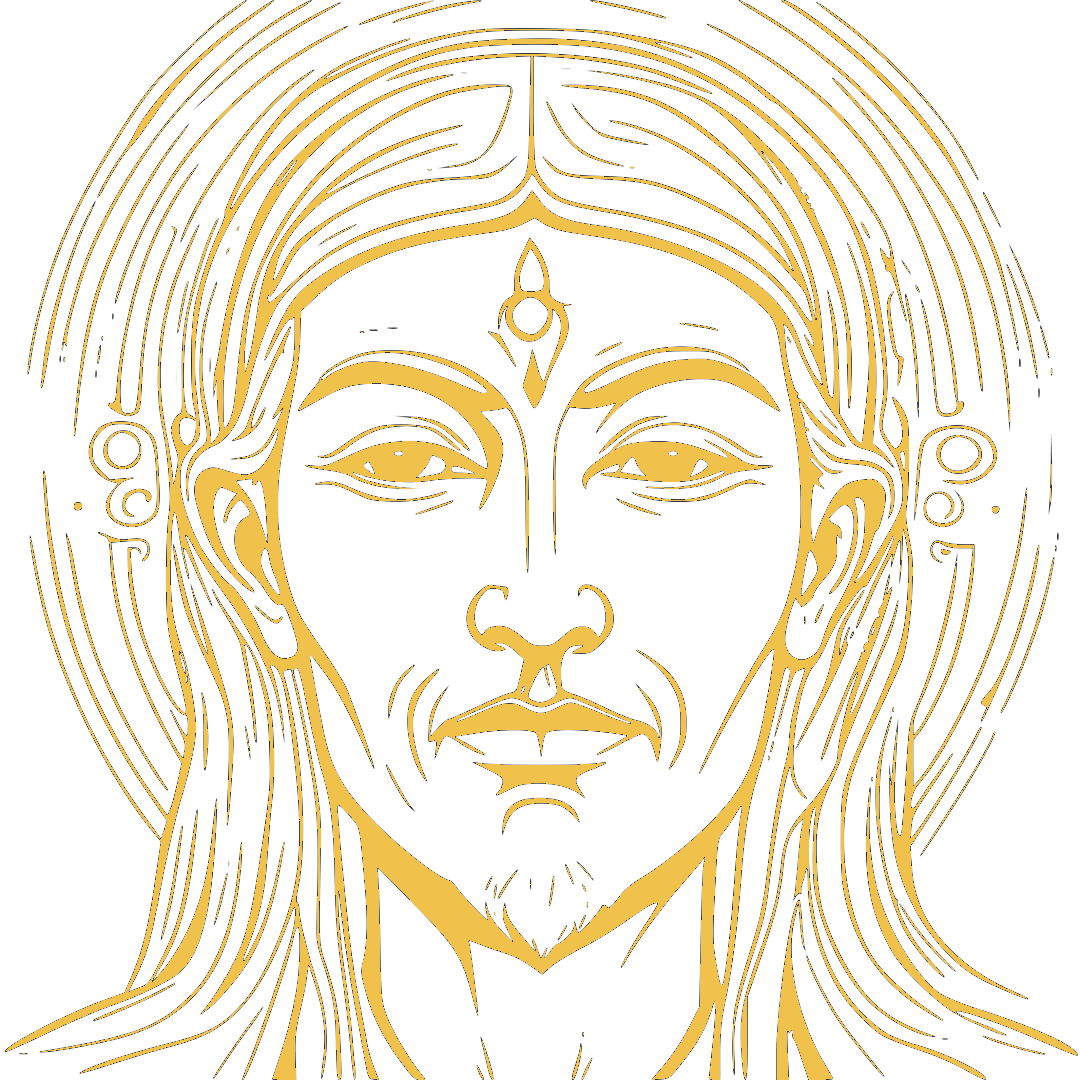Introduction to Ethics
Lesson 2. The Path of Perseverance
Building Resilience Through Timeless Wisdom and Inner Strength

Discover the Secret Power to Transform Suffering into Strength
Life tests us in ways we never expect. Behind our daily routines lies a deeper struggle—the gap between who we are and who we pretend to be, between our hopes and harsh realities. How do we keep going when everything feels overwhelming? Three profound thinkers offer timeless wisdom on enduring life's challenges.
Reflect on these three interconnected insights:
The mass of men lead lives of quiet desperation. What is called resignation is confirmed desperation. From the desperate city you go into the desperate country, and have to console yourself with the bravery of minks and muskrats.... But it is a characteristic of wisdom not to do desperate things
Henry David Thoreau "Walden": Thoreau's observation pierces through the veneer of social conformity to reveal a profound truth about the human condition. This 'quiet desperation' speaks to the silent suffering of those who have surrendered their authentic selves to societal expectations. It describes the subtle anguish of living unfulfilled lives, pursuing goals that society deems important while neglecting the deeper yearnings of the soul. Thoreau challenges us to examine whether we are truly living or merely existing, whether our choices reflect our genuine values or the pressures of conformity.
Whatever appearance we give to our afflictions, their cause is often selfishness and vanity.
François de La Rochefoucauld "Maksymy i rozważania moralne": 'Whatever appearance we give to our afflictions, their cause is often selfishness and vanity.' La Rochefoucauld's penetrating insight reveals how we deceive ourselves about our own motivations. Even our suffering, which we might present as noble or justified, often stems from wounded pride or self-centeredness. This maxim invites us to practice radical honesty about our inner lives, questioning whether our troubles arise from genuine injustice or from our own ego's demands for recognition and validation.
God does not burden a soul beyond what it can bear.
King Charles "The Holy Quran 2:286": This divine promise offers profound comfort and perspective on human struggle. It suggests that our trials, however overwhelming they may seem, are within our capacity to endure and overcome. This wisdom reminds us that we possess inner reserves of strength we may not recognize, and that our struggles, painful as they are, serve a purpose in building our resilience and character. This perspective invites us to view difficulties not as punishments but as opportunities for growth and developing our capacity to endure.
Connecting the Perspectives
These three insights form a compelling progression of understanding. Thoreau identifies the problem of spiritual emptiness in modern life. La Rochefoucauld provides the tools for honest self-examination, helping us distinguish between genuine suffering and ego-driven distress. Finally, the Quranic wisdom offers hope and meaning, suggesting that our struggles serve a divine purpose and that we are never given more than we can handle. Together, they chart a path from despair through self-knowledge to spiritual resilience.
More quotes from François duc de La Rochefoucauld
Hypocrisy is a tribute that vice pays to virtue.
No persons are more frequently wrong, than those who will not admit they are wrong.
We are so accustomed to disguise ourselves to others, that in the end, we become disguised to ourselves.
He who lives without madness is not as wise as he thinks.
Summary
By integrating these perspectives, we can develop a more complete understanding of the human condition. We learn to recognize the quiet despair that may lurk in our own lives, honestly examine our motivations, and find strength in the knowledge that our trials have purpose and that we possess the capacity to overcome them. The key insight is that true endurance isn't just about surviving hardship—it's about changing how we see our struggles. When we realize that many of our problems come from our own pride and expectations, we can approach difficulties with more wisdom and self-compassion. Instead of seeing challenges as roadblocks, we can view them as opportunities to grow stronger and wiser. This shift helps us move from feeling like victims to becoming active participants in our own growth and healing.
